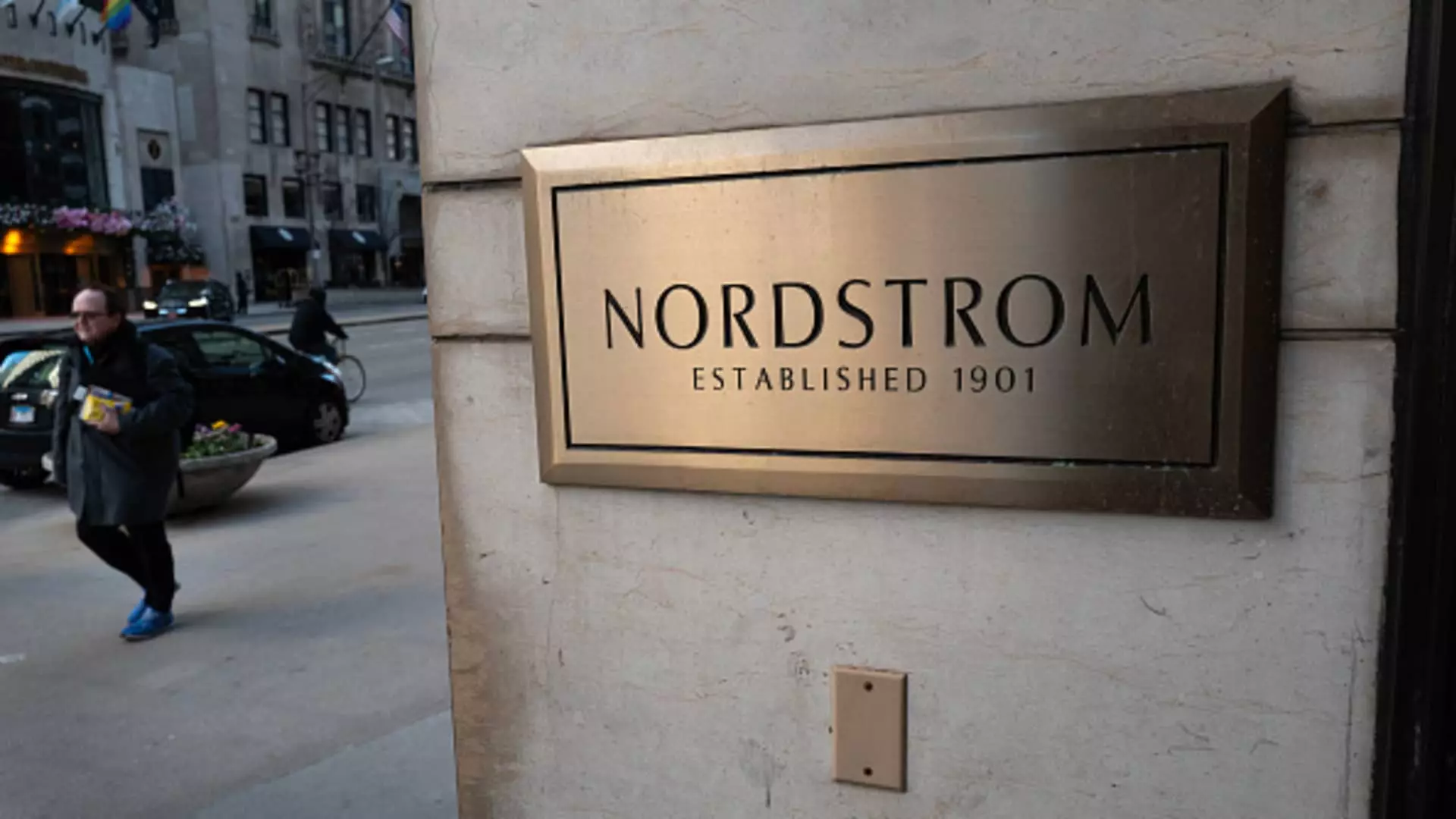In a significant move, Nordstrom announced on Monday its agreement with its founding family and Mexican retailer El Puerto de Liverpool to transition into a private company. This buyout deal is valued at approximately $6.25 billion. The agreement, which received unanimous approval from the company’s board of directors, is expected to complete by the first half of 2025, marking a pivotal moment in the company’s history. Nordstrom’s founding family will acquire majority ownership with 50.1% of the stakes, while El Puerto de Liverpool will hold 49.9%. This reorganizational strategy reflects a fresh direction for the retailer as it seeks to navigate the challenging retail landscape.
Shareholder Implications
Common shareholders will benefit from this transition, receiving $24.25 for each share they own. While this buyout may offer an immediate financial boon to shareholders, it highlights a broader trend where companies are gravitating towards privatization in the face of market pressures. The transaction sheds light on the changing dynamics in retail, where not just profitability, but the long-term survival of brands has taken precedence. Erik Nordstrom, CEO of the company, underlined this sentiment, expressing optimism about the future as they aim to continue their legacy of customer service excellence.
Nordstrom’s move is underscored by a turbulent retail environment characterized by fluctuating consumer behavior. Despite beating Wall Street’s expectations for sales in the previous fiscal quarter, the company expressed caution regarding its full-year sales forecast. Luxury retailers, including Nordstrom, have faced mounting pressure as consumers become more discerning in their purchasing habits, prioritizing price over brand in an era defined by inflation and economic uncertainty. The impending holiday season, typically a profitable time, is projected to be challenging for many retailers, including Nordstrom.
The Attempt to Go Private: A History of Challenges
This isn’t Nordstrom’s first attempt to go private; an earlier initiative in 2018 did not materialize, illustrating the complexities of navigating such a transformative path. Nevertheless, the recent offer of $23 per share in September signaled the family’s renewed commitment to regain control amid a shifting retail landscape. The market reaction has been somewhat tumultuous, with Nordstrom’s stocks experiencing a dip of approximately 1% following the announcement. However, anticipation regarding this buyout led to an increase in share prices earlier in the year.
As Nordstrom embarks on this new chapter, the emphasis on customer experience—rooted in over a century of retail history—remains paramount. The collaboration with El Puerto de Liverpool could enhance Nordstrom’s portfolio by leveraging synergies, potentially introducing a wider array of products and services. While the challenges are formidable, the shift to private ownership may provide the necessary flexibility for Nordstrom to innovate and adapt in an ever-evolving marketplace, ensuring its goals of sustainability and growth are met.

